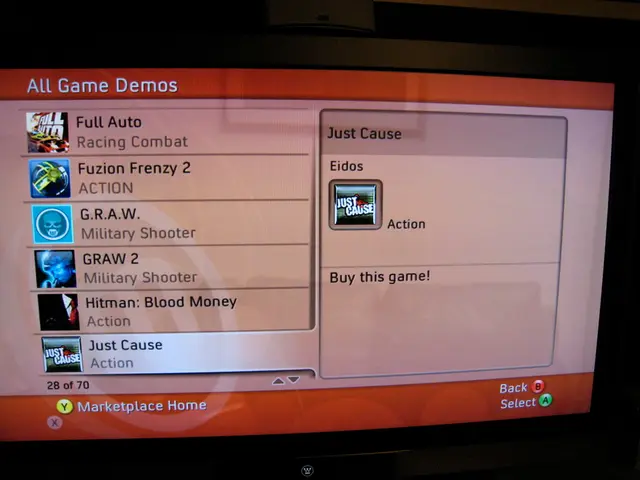Government Digital Currency Developers Resist Justice Department's Probe into Programming Assets
In a significant move, a coalition of crypto firms, including Paradigm, DeFi Education Fund, Blockchain Association, Crypto Council for Innovation, Digital Chamber, Solana Policy Institute, Bitcoin Policy Institute, and Uniswap Foundation, have joined forces to support Michael Lewellen, a crypto developer accused by the US Department of Justice (DOJ) of money transmission.
Lewellen, the creator of a non-custodial crypto protocol, is being prosecuted by the DOJ for publishing open-source code that the department claims facilitates cryptocurrency transfers. However, the coalition argues that this interpretation is overly broad and criminalizes neutral software development, treating facilitation of transfers as equivalent to actual money transmission.
The coalition believes that the DOJ's interpretation of Section 1960 of Title 18 of the US Code is misguided. They contend that under this statute, a person must have custody or control over funds to be liable for unlicensed money transmission. The DOJ's interpretation, they argue, expands criminal liability beyond the statute’s intended scope.
The DOJ compares software that moves cryptocurrency through a blockchain to "transferring" funds without the developer retaining custody, similar to how a USB transfers data or a frying pan transfers heat. The coalition sees this as an overreach that conflates facilitating peer-to-peer crypto transactions with owning or controlling funds.
The challenge by these firms and associated amicus briefs aims to clarify that under Section 1960, a person must have custody or control over funds to be liable for unlicensed money transmission. They seek judicial rejection of the DOJ's expansive interpretation that noncustodial software development is criminal.
The outcome could have significant implications for the legal treatment of decentralized crypto technologies in the US. Developers could be confused about what falls under legal circumstances and what doesn't if the harsh and illogical regime continues. The coalition believes that the DOJ's position threatens the future of neutral crypto infrastructure in the United States and could drive innovation overseas.
The coalition is urging the US government to provide clarity on the DOJ's laws regarding crypto to avoid potential penalties and imprisonment for developers, and to ensure the continued innovation and growth of the US crypto industry. If the situation persists, many developers might flee overseas, potentially driving innovation away from the US.
[1] CoinDesk, "Crypto Firms File Amicus Brief to Challenge DOJ's Interpretation of Money Transmission Laws," 14 April 2021, https://www.coindesk.com/policy/2021/04/14/crypto-firms-file-amicus-brief-to-challenge-dojs-interpretation-of-money-transmission-laws/
[2] Decrypt, "Crypto Firms Band Together to Challenge DOJ Over Crypto Money Transmission Laws," 14 April 2021, https://decrypt.co/64699/crypto-firms-band-together-to-challenge-doj-over-crypto-money-transmission-laws
Options presented to the US government include proposing clearer regulations on the interpretation of bitcoin money transmission laws to support the crypto industry, with the aim of avoiding potential penalties and imprisonment for developers and ensuring ongoing innovation within US borders. Such regulations could also help clarify the role of technology developers in relation to cryptocurrency transactions, ensuring they are not unfairly criminalized for facilitating Peer-to-Peer transactions.




